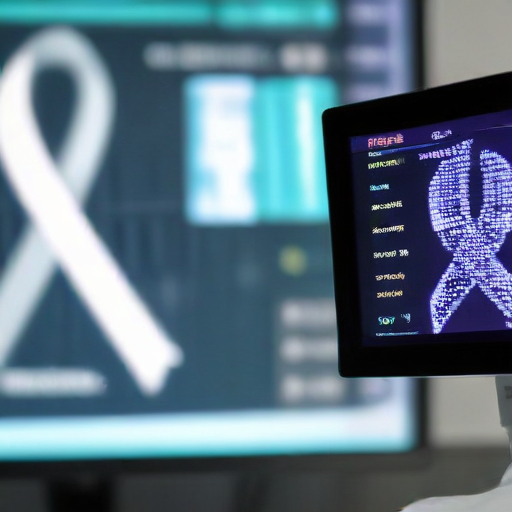An AI healthcare company claims that its software can identify the extent of prostate cancer more accurately than physicians.
Avenda Health recently published a study that assessed the performances of ten doctors who each evaluated 50 prostate cancer cases. The findings revealed that Avenda’s Unfold AI software achieved an accuracy rate of 84.7% in detecting cancer, while the doctors’ manual assessments ranged from 67.2% to 75.9%.
This research, conducted in partnership with UCLA Health and published in the Journal of Urology, also demonstrated a significant improvement in the accuracy and consistency of cancer size predictions when AI was utilized for cancer contouring. Predictions made with AI assistance proved to be 45 times more accurate compared to assessments without AI.
Shyam Natarajan, an assistant adjunct professor of urology, surgery, and bioengineering at UCLA, noted that the implementation of AI assistance not only enhanced the accuracy of the doctors but also led to greater agreement among them in their evaluations.
Urologist Dr. Wayne Brisbane highlighted the limitations of MRI scans, which sometimes fail to detect tumors that are “MRI-invisible.” He affirmed that AI plays a crucial role in addressing these challenges, allowing for more effective and personalized treatment plans tailored to each patient’s unique situation.
Avenda Health’s CEO, Dr. Shyam Natarajan, expressed optimism about the validation of such technological innovations through studies and recognition by the American Medical Association (AMA).
In the United States, prostate cancer is a significant health concern, with approximately 1 in 8 men being diagnosed during their lifetimes and 1 in 44 men succumbing to the disease. With an estimated 299,010 new cases projected for this year, the necessity for advanced diagnostic tools like AI in healthcare becomes increasingly evident.
This development signifies a hopeful step forward in the fight against prostate cancer, potentially leading to improved outcomes for patients and pioneering a future in which AI works alongside medical professionals to enhance diagnostic precision and treatment effectiveness.
